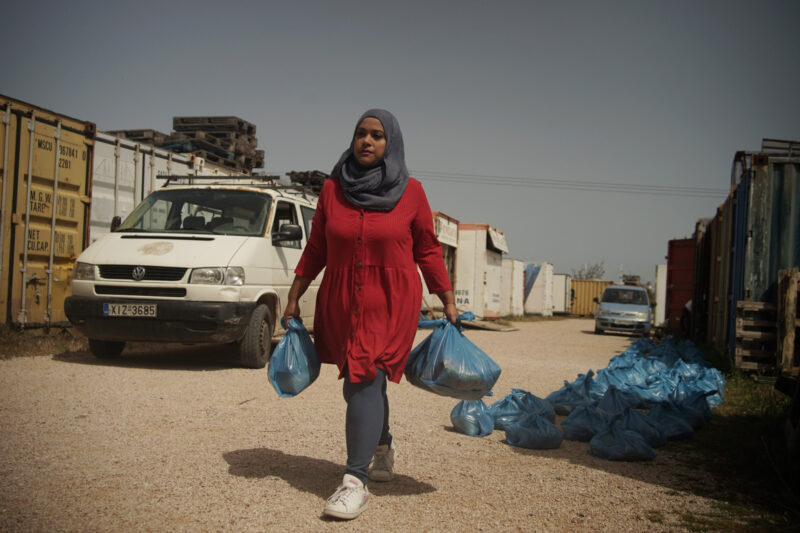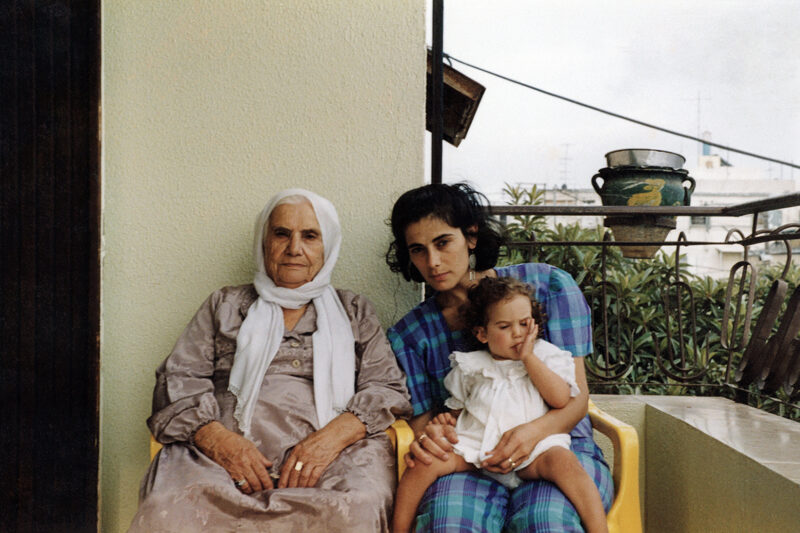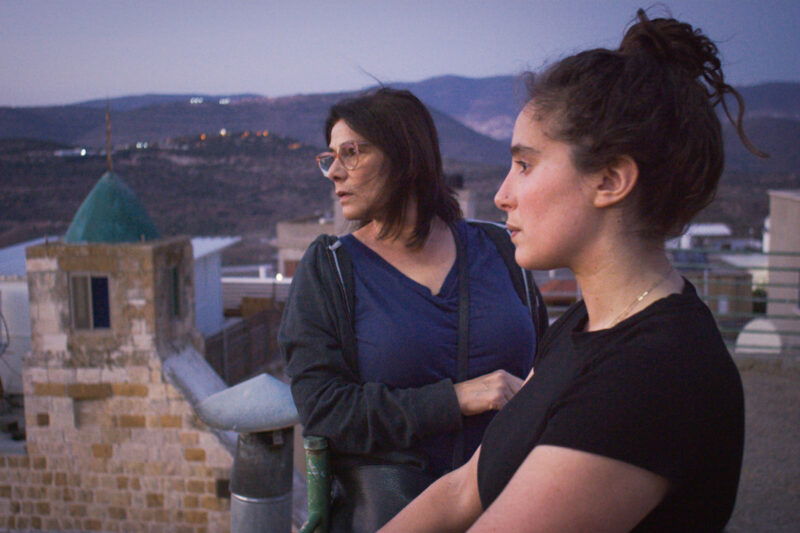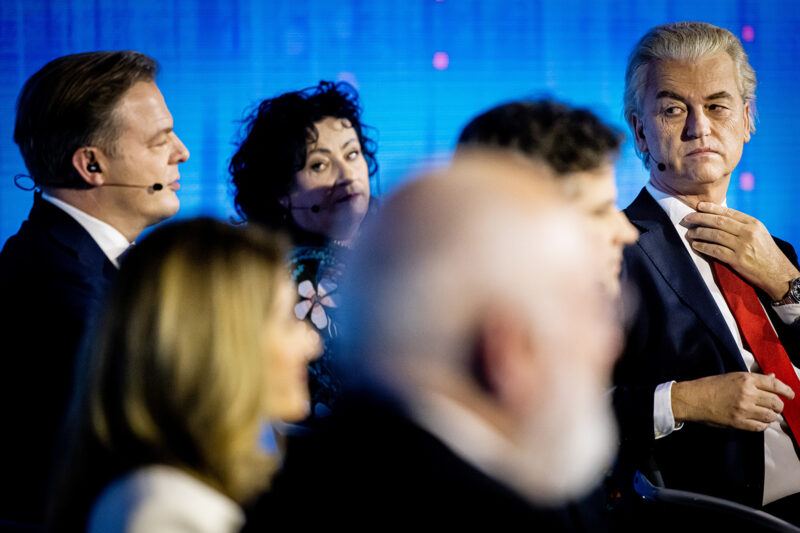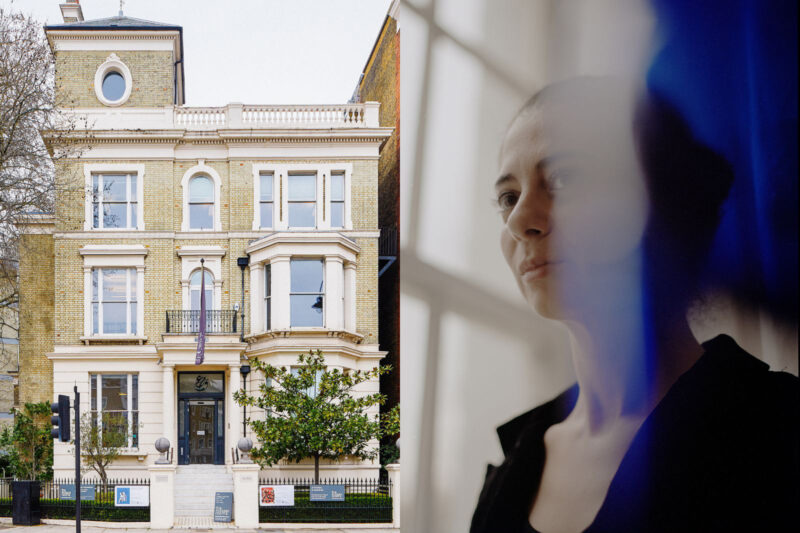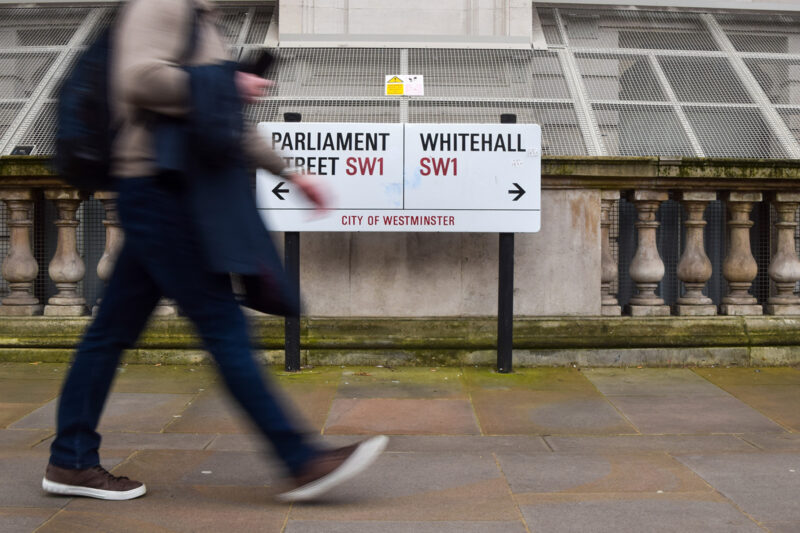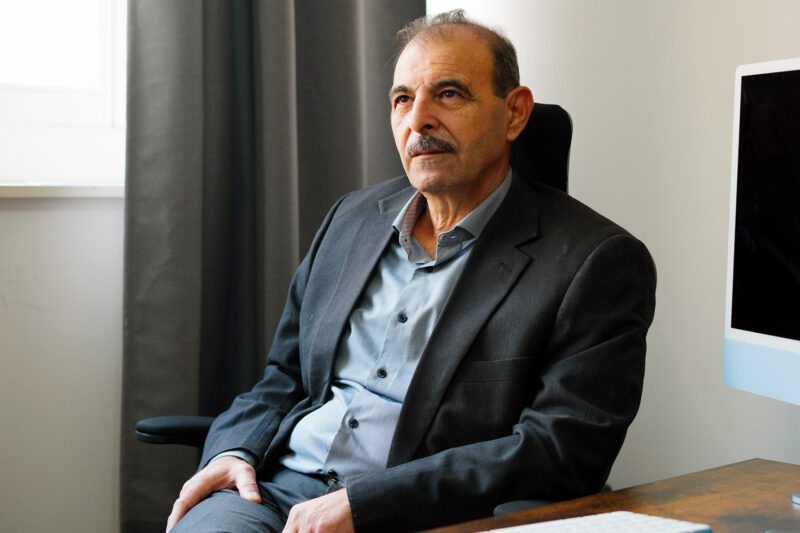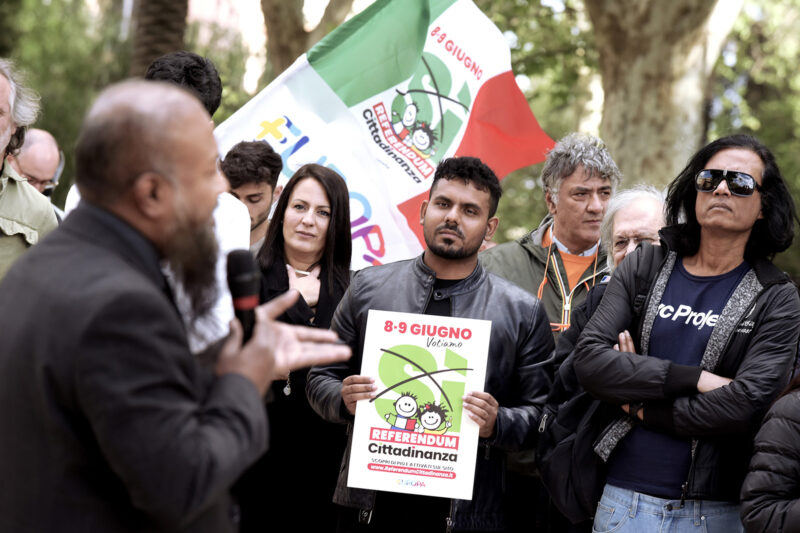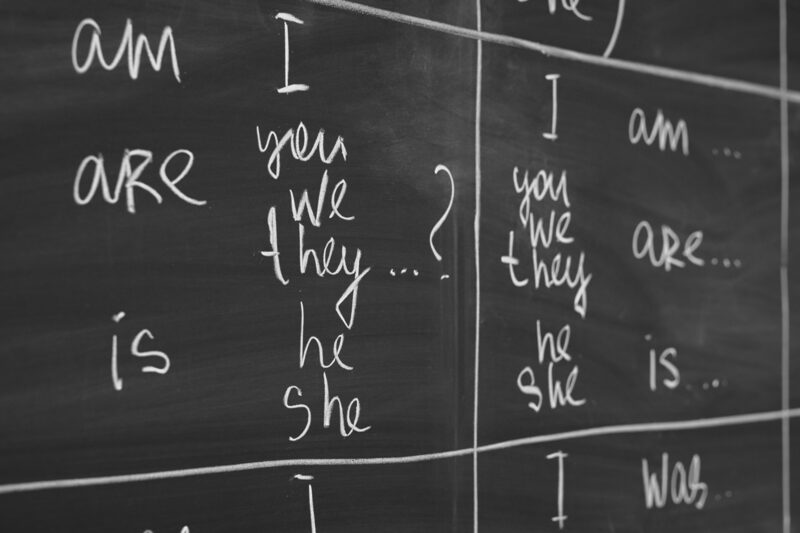Safe but not secure: the Palestinian refugees facing an uncertain future in France
Since 7 October, France has facilitated the evacuation of 260 Palestinians from Gaza. Unlike the 70,000 Ukrainians it accepted in 2022, they can remain only if they agree not to return to Palestine
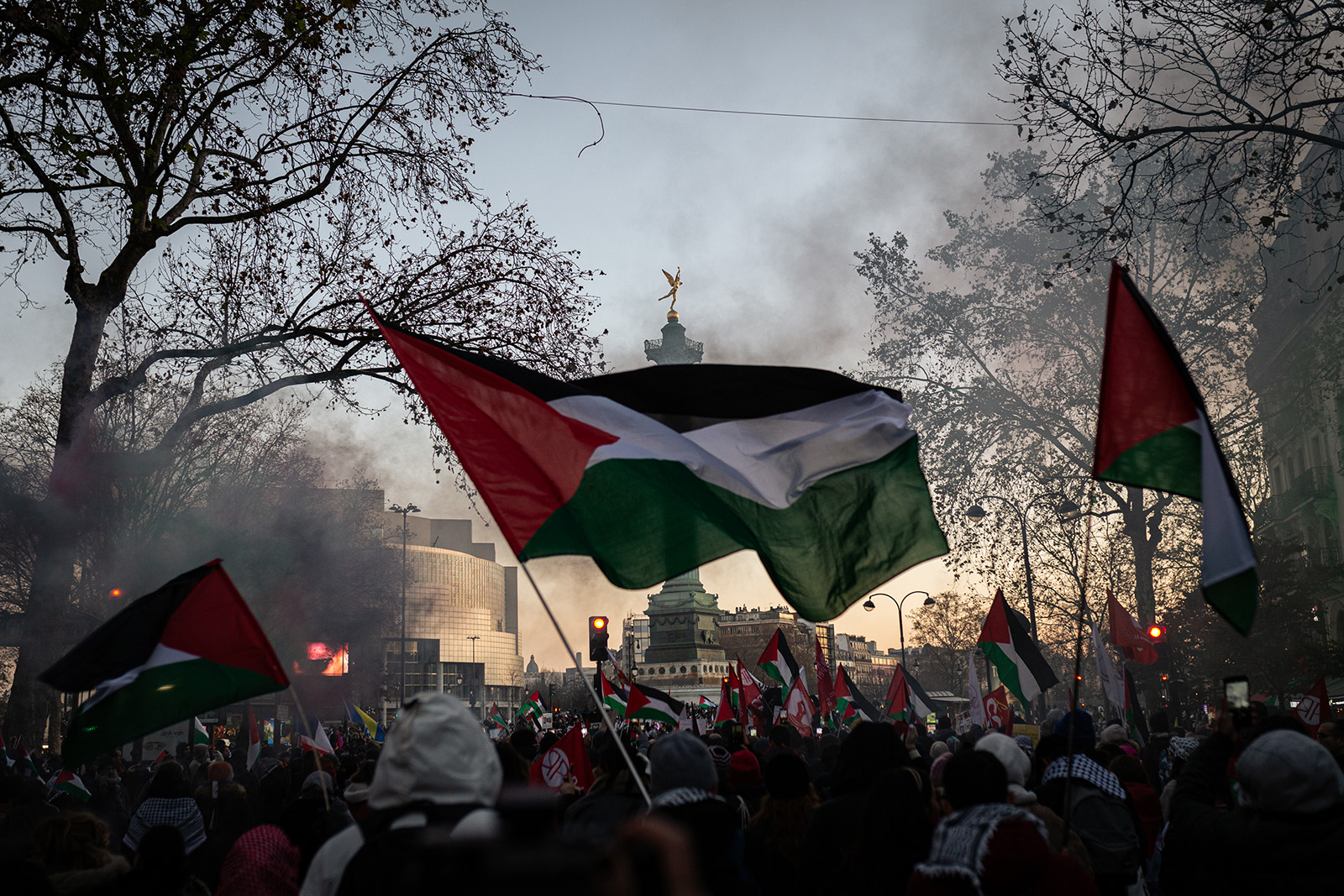
Iyad Alastal, a Palestinian journalist and film director, is struggling with feelings of guilt. “I’m safe here with my wife and children while the rest of my family is in Gaza, facing bombings, death and famine,” the 37-year-old said from his apartment in Périgueux, France, where he has lived since he was evacuated from Khan Younis, Gaza, in February. “No one wants to make this decision, but when faced with terror, terrorism and war, it’s normal to want to get out of Gaza. It’s not really a choice.”
Israel’s ongoing military offensive in Gaza, launched in response to the Hamas terrorist attacks of 7 October, has to date killed more than 37,000 Palestinians and forced nearly 1.7 million from their homes. The vast majority of Palestinians fleeing the violence have been displaced internally as Gaza’s borders have been sealed by Israel and Egypt since Hamas took control there in 2007. Even before the current outbreak of violence, it was impossible for Palestinians to leave without the approval of either Israeli or Egyptian authorities.
Since 7 October, France has evacuated 260 Palestinians from Gaza — French nationals and residents, or employees of the French Institute in Gaza and their families. Their passage out of Gaza was requested by the French consulate and then approved by either Israel or Egypt. There are no clear criteria for who is eligible for evacuation and decisions can vary within families, leading to close family members being separated indefinitely and without explanation.
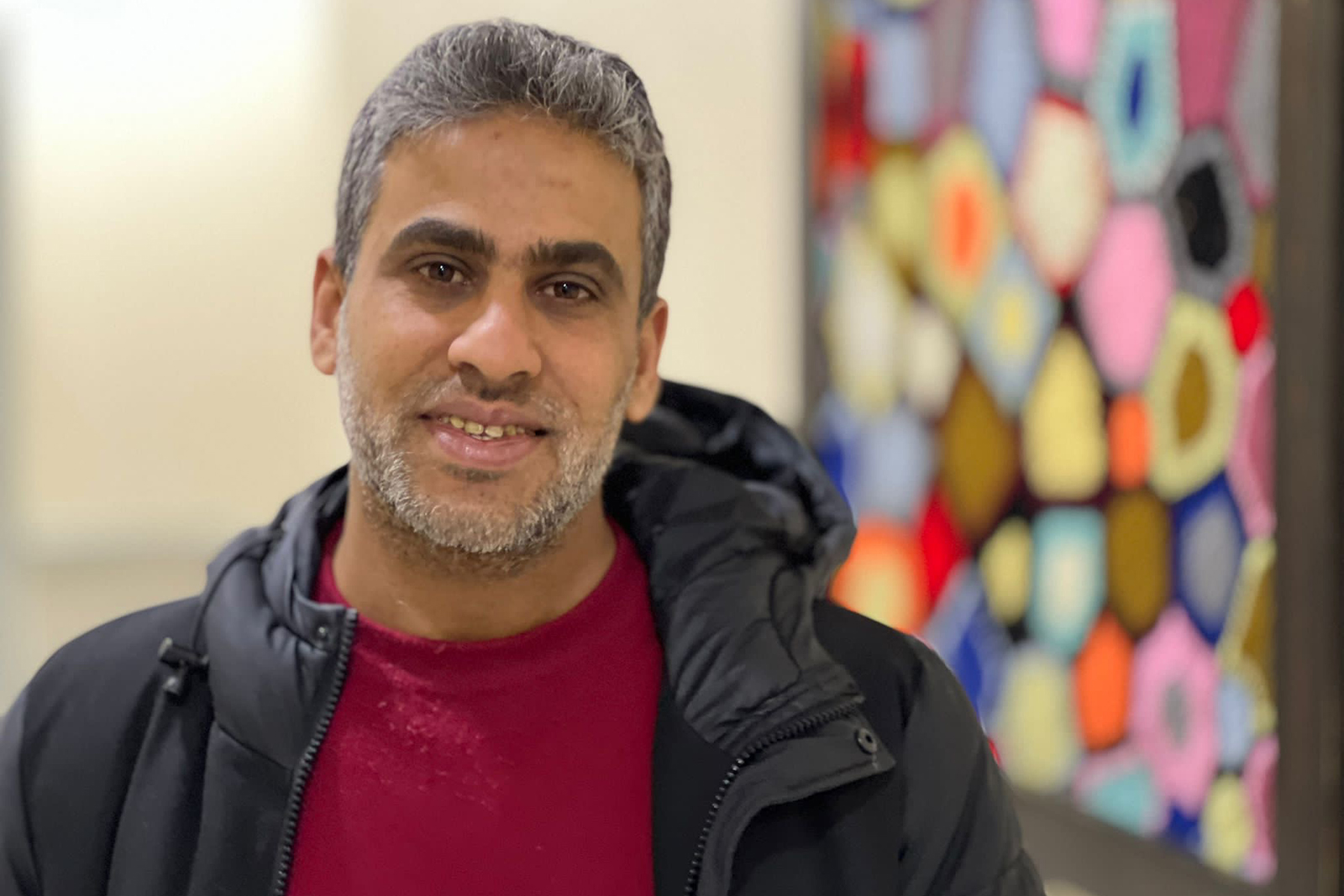
Alastal is a French speaker who has worked for the French Institute for several years producing videos. But while his wife and three daughters were authorised to travel to France in November, he was forced to wait three months until the French authorities confirmed that he could join them.
“Imagine your wife and children are leaving, alone, for France for the first time. It’s a lot of responsibility and anxiety,” he said. “I was absolutely desperate. I think [the delay in approval and separation of families] is a deliberate move by the Israelis to put pressure on the Palestinians.”
Palestine’s refugees have not faced a warm reception in Europe, despite a surge in asylum applications. In March, Germany announced the reception of nearly 150 refugees. In Sweden, migration authorities have been accused by human rights groups of deliberately refusing to grant Palestinian refugees residency permits. In the United Kingdom — which welcomed 175,000 Ukrainians — calls by the Scottish government for the creation of a visa scheme to establish a safe route for people fleeing Gaza were rejected by the British government because of a “need to maintain biometric checks to protect people here in the United Kingdom”.
The French foreign ministry has said that it remains “fully mobilised to allow all French nationals and state agents, as well as their families, to leave the Gaza Strip if they wish”. But Véronique Hollebecque, a spokesperson for the Association France-Palestine Solidarité, one of the largest organisations in France working with Palestinian refugees, argues that the number of asylum seekers the government has accepted from Gaza is shamefully low. She dismisses the explanation offered by authorities that evacuations from Gaza are particularly complex as an easy excuse.
“Why doesn’t France take the initiative to assert itself?” Hollebecque asked. “I thought we were a powerful country.”
Hollebecque compares France’s limited response to the war in Gaza to its open-armed response to Ukranians displaced by Russian aggression in 2022. France was able to welcome more than 70,000 Ukrainians in the weeks after Russia’s invasion because the European Union created a loophole offering temporary protection. Hollebecque asks why a similar exception has not been made for Palestinians. “There is something wrong, a clear double standard,” she said. “Why this discrimination?”
Alastal is also confused by the comparatively low number of Palestinian refugees accepted by France. “[At the French Institute in Gaza], we worked with local intellectuals, artists and French speakers. All these people were trying to build bridges between Palestinian and French cultures. They also deserve to be here in safety. They would not be a burden for French society.”
Unlike the Ukranians who arrived in 2022, all 260 Palestinians who have been given asylum in France passed through the standard asylum application procedure. As is standard process, French authorities retain their passport and they will no longer be able to return to their country of origin. If they do, they will lose French protection and will have little chance of being granted a French visa to visit in the future.
Given the scale of the humanitarian catastrophe in Gaza, growing numbers of NGOs and activists are calling for the French authorities to issue the same special temporary status to Palestinians as they did Ukrainians. “What seems important to me is to give people the choice of what they want, to not force them into a status that will make it difficult for them to return to Gaza,” said Hollebecque.
France Horizon, an NGO mandated by the French authorities to help refugees to find accommodation, navigate the asylum process and offer psychological support, is working with the Palestinians who have reached France. “They’re very marked by what they experienced,” said its spokesperson, Jean-Brice Muller. “There is always some form of concern for their loved ones left behind, and the fact that they have lost everything.”
Sarah (not her real name) arrived with her two children in March, leaving the rest of her family behind in Gaza. She is waiting to hear the decision on her status. “It’s an added stress not knowing,” she said. “I don’t want to be a refugee. I have a passport, a country, and a house.”
Several French cities, including Lille and Metz, have announced that they are ready to welcome Palestinians. But in the small French town where she has been housed, Sarah has found it hard to integrate. “I’ve experienced some racism,” she said. Across France, official figures indicate a rise in Islamophobic incidents since 7 October. “Some days I wondered if I had done the right thing coming to France, but then I think back to the sounds of the bombings, I look at my daughters and I say to myself that there is nothing worse than being in Gaza right now.”
 Newsletter
Newsletter


